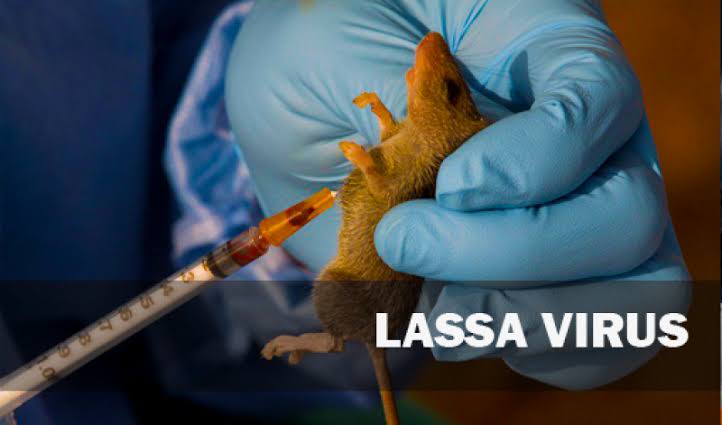By Iyemah David
The Nigeria Centre for Disease Control and Prevention (NCDC) said it has registered 244 confirmed cases of Lassa Fever in 16 states and the FCT, Abuja as at January 22.
Director-General, NCDC, Dr Ifedayo Adetifa, told newsmen on Monday in Abuja that the centre also recorded 37 deaths, a case fatality rate of 15.1 per cent.
The Lassa fever infections were recorded in Ondo State (90), Edo (89), Bauchi (13), Taraba (10), Benue (9), Ebonyi (9), Nasarawa (7) and Plateau (5).
Others are Kogi (4), Anambra (2), Delta (1), Oyo (1), Adamawa (1), Enugu (1), Imo (1), and the FCT (1).
He said among five health workers confirmed infected in the line of duty, one of them died.
Dr Adetifa said the centre activated a national multi-sectorial Emergency Operations Centre (EOC) on Jan. 20 to coordinate and strengthen on-going response activities.
The centre is powered by officials of the NCDC and those of relevant ministries, departments, and agencies, other stakeholders and major partners.
“The outcome of the risk assessment placed Nigeria at a very high risk as increased transmission has been recorded compared to previous years, just as the number of states infected has risen.
“Healthcare workers have also been shown to be at increased risk of infection and death,” he said.
Adetifa also stated that the EOC would coordinate national response, especially across affected states to interrupt disease transmission, reduce impact by reduce sufferings and death.
He appealed to states of the federation to support the NCDC as lead agency in the development and implementation of evidence-driven outbreak response plans for their territories.
He said that prior to the activation of EOC, the NCDC had deployed national rapid response teams to hotspot states to support contact tracing, case management, risk communication and community engagement, among others.
It also developed a national Incident Action Plan to ensure coordinated response at all levels and planned the deployment of surge staff for Lassa fever case management to high-burden states.
He explained that healthcare workers at most risk were those who clean and disinfect contaminated surfaces, materials, and supplies without adequate protective gear.
Laboratory workers who handle blood samples of suspected Lassa fever patients without appropriate precautions, are also at high risk, he added.
“Most at risk for Lassa fever are persons who prepare and or handle bodies of deceased Lassa fever cases without appropriate precautions,” he stressed.
Adetifa enjoined healthcare workers to always wear gloves and other appropriate personal protective equipment while handling patients or providing care to patients and their relatives.
He also enjoined Nigerians to keep their environment clean always; block all holes in residences to prevent access by rats and other rodents, cover dustbins and dispose of refuse properly.


